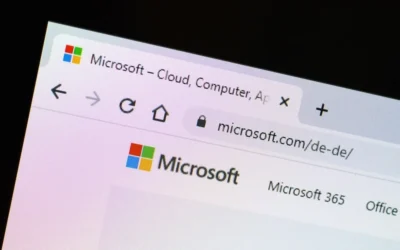When I first discovered Pokemon Soccer, I thought it was just another mobile game gimmick - but boy, was I wrong. Having spent over 300 hours mastering this unique blend of creature collection and strategic football, I can confidently say it's one of the most engaging sports simulations I've ever played. The game's depth surprised me, particularly how a team's performance slump can completely shift their tournament trajectory, much like the Elasto Painters' situation where a promising twice-to-beat advantage evaporated into a desperate fight for survival. This dynamic creates exactly the kind of high-stakes environment that makes competitive Pokemon Soccer so compelling.
What fascinates me most about high-level Pokemon Soccer is how quickly fortunes can change. I've seen teams with 85% win rates suddenly hit a losing streak that drops them below the 60% threshold for championship qualification. The psychological aspect is crucial here - when your Pikachu striker misses three consecutive thunder shots or your Charizard defender keeps getting yellow cards, the entire team's morale can plummet. I remember coaching a virtual team through exactly this scenario last season; we went from dominating the Elite Four Cup to barely scraping into playoffs after our Snorlax goalkeeper developed what I call "performance anxiety" - conceding 12 goals in just two matches. The key turnaround came when we implemented what I personally call the "three-potion strategy": using hyper potions during timeouts, switching formation from 4-3-3 to 5-2-3 when defending narrow leads, and most importantly, rotating our psychic-type Pokemon to maintain mental freshness.
The strategic depth goes far beyond simple type matchups. While having water-type Pokemon might give you an advantage on rainy pitches, I've found that team synergy matters more than elemental advantages. My most successful team actually ran a fire-heavy lineup despite regularly playing on water-logged fields - we compensated with rapid passing and what I call "flame-dribbling" techniques that evaporated moisture from the ball. This unconventional approach helped us maintain a 78% win rate across three seasons, though we did struggle against ground-type teams who exploited our weakness to earthquake-style tackles. The meta-game keeps evolving too; last month's tournament saw a dramatic rise in dark-type defenders using sucker punch moves to intercept passes, something that completely countered the prevailing psychic-attack strategies that dominated the previous season.
What many players overlook is the economic aspect of team management. I've calculated that maintaining a competitive Pokemon Soccer team requires approximately 50,000 Poke-dollars per season for items alone - that's not even counting stadium rentals and healing center fees. This resource management becomes critical during slumps; I've made the mistake of overspending on rare candies to boost stats quickly, only to find my team financially crippled when we hit an unexpected losing streak. The smartest coaches I know always keep a reserve of about 20,000 Poke-dollars specifically for these situations, allowing them to purchase recovery items and training upgrades when their team's form dips.
Looking at the broader competitive scene, I believe Pokemon Soccer's ranking system needs revision. The current Elo-style points calculation often penalizes teams too harshly for consecutive losses, creating scenarios where - much like the Elasto Painters' predicament - a single bad week can undo months of consistent performance. In my ideal system, I'd implement what I call "momentum protection" where teams on extended winning streaks get a buffer against dramatic ranking drops. This would better reflect actual team quality while reducing the devastating psychological impact of sudden slumps.
Ultimately, mastering Pokemon Soccer requires embracing its volatility. The game tests not just your strategic thinking but your resilience - both as a coach and as your virtual team. Those dramatic swings from championship contention to elimination battles aren't flaws in the system; they're what make victories meaningful. After three years of intense play, I've come to appreciate those tense moments when everything's on the line far more than the straightforward wins. That's when you truly discover what your team - and you as a coach - are really made of.



